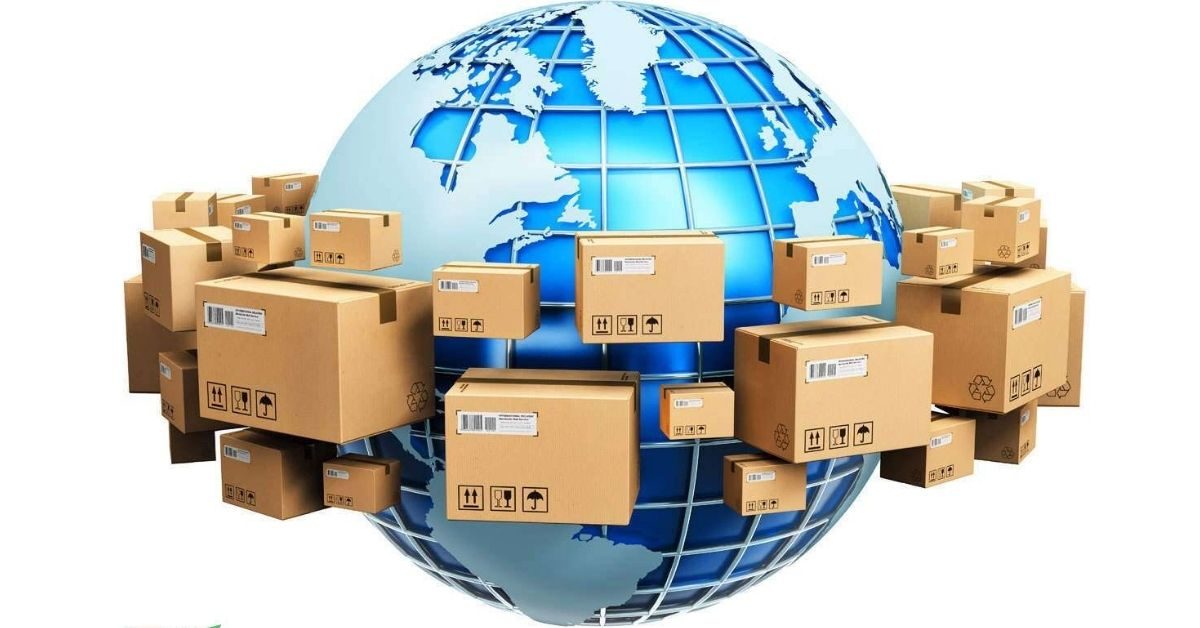Market research firm OnePoll recently surveyed 500 executive-level U.S. managers, 61% of whom said they would pick India over China if both could manufacture the same materials.
The survey showed that 59% of the respondents found it “somewhat risky” or “very risky” to source materials from China, compared with 39% for India. “Companies are seeing India as a long-term investment strategy as opposed to a short-term pivot to avoid tariffs,” said Samir Kapadia, CEO of India Index and managing principal at Vongel Group.
U.S. firms are increasingly viewing China as a risky bet for their supply chains — neighbor India is set to benefit as companies look elsewhere to set shop.
As many as 61% of the 500 executive-level U.S. managers surveyed by UK market research OnePoll said they would pick India over China if both countries could manufacture the same materials, while 56% preferred India to serve their supply chain needs within the next five years over China.
The survey showed that 59% of the respondents found it “somewhat risky” or “very risky” to source materials from China, compared with 39% for India.
At least a quarter of the executives who participated in the independent, third party survey, commissioned by marketplace India Index in December, do not currently import from either China or India.
“Companies are seeing India as a long-term investment strategy as opposed to a short-term pivot to avoid tariffs,” said Samir Kapadia, CEO of India Index and managing principal at Vongel Group, in an exclusive interview with CNBC.
Warming ties between the U.S. and India, spearheaded by President Joe Biden and Prime Minister Narendra Modi, with the former’s “friendshoring” policy aimed at encouraging U.S. companies to diversify away from China have also made India an attractive alternative.
The relationship between the two countries entered a new chapter with Modi’s state visit to the White House in June where a slew of deals on large collaborations in defense, technology and supply chain diversification were signed.
“The U.S. and China continue to sit in rather chilling air. Whereas there is a constant stream of iterations, conversations, dialogues and agreements between U.S. and India,” Kapadia said.
India has seen a flurry of announcements about investments into the country in the recent past.
Earlier this month, Maruti Suzuki, announced that it would invest $4.2 billion to build a second factory in the country. Vietnamese electric auto maker VinFast also said in January that it aims to spend around $2 billion to set up a factory in India.
Risks still remain
Despite the optimism, U.S. firms are still cautious of India’s supply chain capabilities.
The survey showed that 55% of the respondents found quality assurance was a “medium risk” they might face if they have factories in India.
In September, Apple supplier Pegatron had to temporarily cease operations at its factory in the Chengalpattu area near Chennai after a fire broke out.
Delivery risk (48%) and IP theft (48%) were also a worry for U.S. firms looking at India.
Vietnam the next best bet?
Similar to India, Vietnam has been also been option on investors’ minds when adopting a “China plus one” strategy.
The optimism in the Vietnamese market led to a more than 14% surge in foreign direct investments last year compared with 2022.
According to LSEG data, $29 billion in foreign direct investments were pledged to Vietnam from January to November last year.
But Vietnam will not be able to achieve what India can, Kapadia pointed out, explaining that the world’s most populous country has access to “a very large customer base that Vietnam doesn’t offer.”
“Companies are not making these decisions for cost arbitrage. They’re making these decisions for cost savings and access to markets. You’re not going to see that same sort of benefit in just shifting to Vietnam,” he added.








